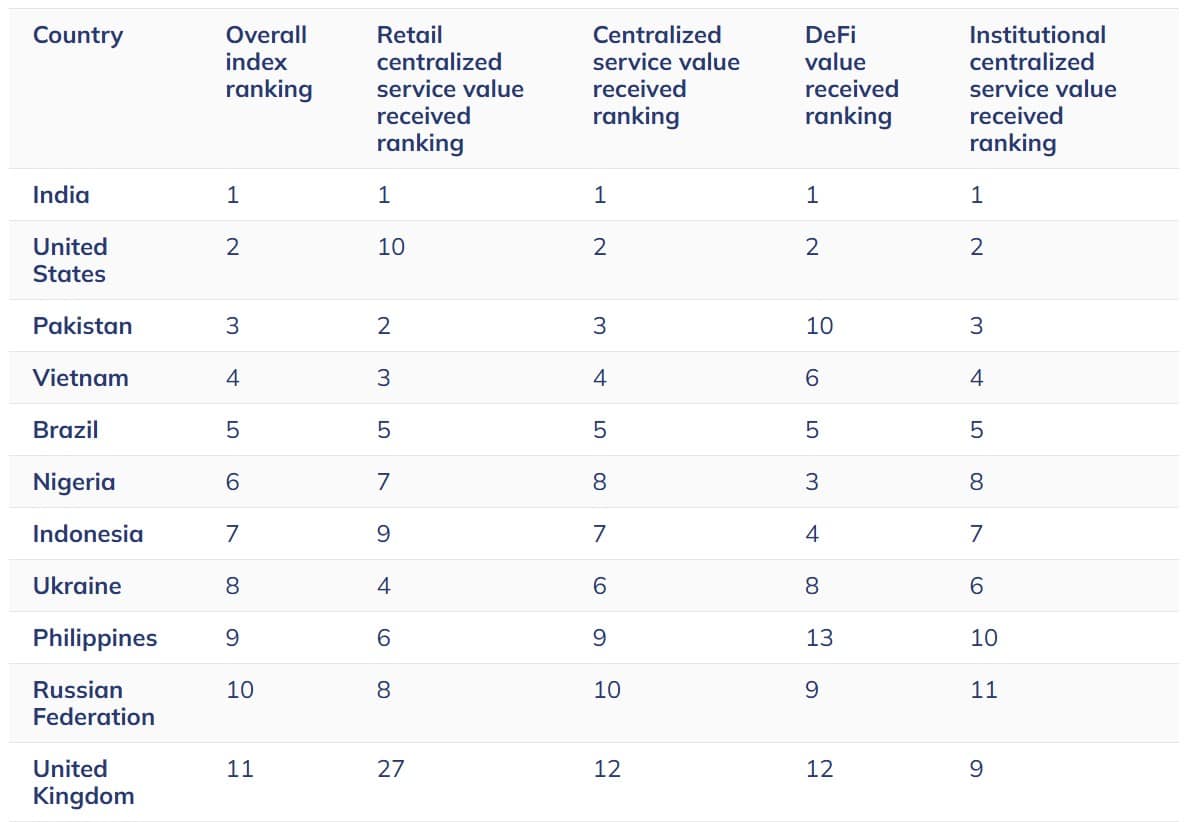iPhone 17 Boosts Crypto Security With Memory Protections
The post iPhone 17 Boosts Crypto Security With Memory Protections appeared on BitcoinEthereumNews.com. Apple’s latest iPhone 17 introduces a new layer of defense for crypto users with hardware-level memory protections that aim to prevent common attack vectors used to hijack signing operations. At the core of this upgrade is Memory Integrity Enforcement (MIE), a feature enabled by default that uses Enhanced Memory Tagging Extension (EMTE)-style memory tagging to detect and block dangerous memory access types like out-of-bounds and use-after-free errors. According to cybersecurity firm Hacken, the new MIE system “meaningfully” reduces the risk of attackers using memory-corruption zero-days to take control of signing code. “It’s a real plus for crypto users, especially high-net-worth or frequent signers,” Hacken told Cointelegraph. These vulnerabilities reportedly account for nearly 70% of software flaws and are often exploited in zero-day attacks targeting wallets and Passkey approvals. Apple’s MIE to end “jailbreak ear.” Source: Huy Nguyen Related: Apple patches zero-click exploit threatening crypto users Apple boosts iPhone 17 defenses Hacken explained that MIE actively detects and blocks dangerous memory access patterns like out-of-bounds and use-after-free errors, preventing many common exploit chains. It’s always-on across both kernel and user-level processes, making spyware development more difficult and expensive. “It raises the bar for attackers and makes targeted spyware/exploit development much harder and more expensive,” Hacken said. “That directly benefits wallet apps and Passkey flows that rely on in-process operations,” the blockchain security firm added. However, MIE is not a silver bullet. It does not protect against phishing, social engineering, malicious web content, or compromised apps. Furthermore, it does not replace secure hardware wallets or eliminate the need for user vigilance. “Security improvements reduce overall risk but don’t make devices invulnerable,” Hacken said, asking users to be vigilant and expect new vulnerabilities. Related: Apple eyes generative AI to speed up custom chip design: Report Apple crypto users face security threats Apple’s crypto…

The post iPhone 17 Boosts Crypto Security With Memory Protections appeared on BitcoinEthereumNews.com.
Apple’s latest iPhone 17 introduces a new layer of defense for crypto users with hardware-level memory protections that aim to prevent common attack vectors used to hijack signing operations. At the core of this upgrade is Memory Integrity Enforcement (MIE), a feature enabled by default that uses Enhanced Memory Tagging Extension (EMTE)-style memory tagging to detect and block dangerous memory access types like out-of-bounds and use-after-free errors. According to cybersecurity firm Hacken, the new MIE system “meaningfully” reduces the risk of attackers using memory-corruption zero-days to take control of signing code. “It’s a real plus for crypto users, especially high-net-worth or frequent signers,” Hacken told Cointelegraph. These vulnerabilities reportedly account for nearly 70% of software flaws and are often exploited in zero-day attacks targeting wallets and Passkey approvals. Apple’s MIE to end “jailbreak ear.” Source: Huy Nguyen Related: Apple patches zero-click exploit threatening crypto users Apple boosts iPhone 17 defenses Hacken explained that MIE actively detects and blocks dangerous memory access patterns like out-of-bounds and use-after-free errors, preventing many common exploit chains. It’s always-on across both kernel and user-level processes, making spyware development more difficult and expensive. “It raises the bar for attackers and makes targeted spyware/exploit development much harder and more expensive,” Hacken said. “That directly benefits wallet apps and Passkey flows that rely on in-process operations,” the blockchain security firm added. However, MIE is not a silver bullet. It does not protect against phishing, social engineering, malicious web content, or compromised apps. Furthermore, it does not replace secure hardware wallets or eliminate the need for user vigilance. “Security improvements reduce overall risk but don’t make devices invulnerable,” Hacken said, asking users to be vigilant and expect new vulnerabilities. Related: Apple eyes generative AI to speed up custom chip design: Report Apple crypto users face security threats Apple’s crypto…
What's Your Reaction?





































